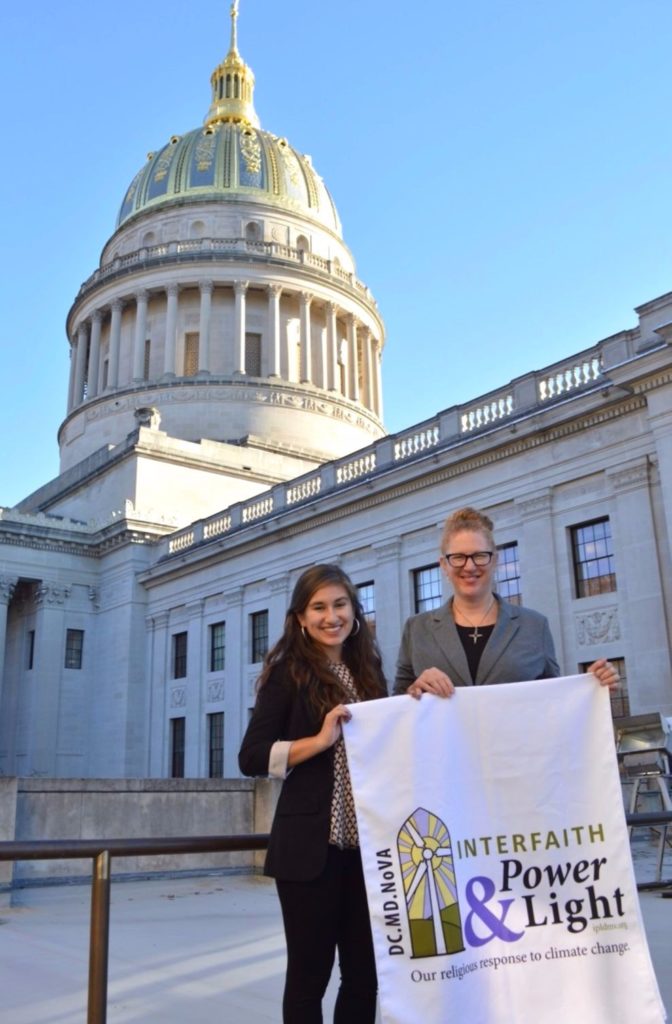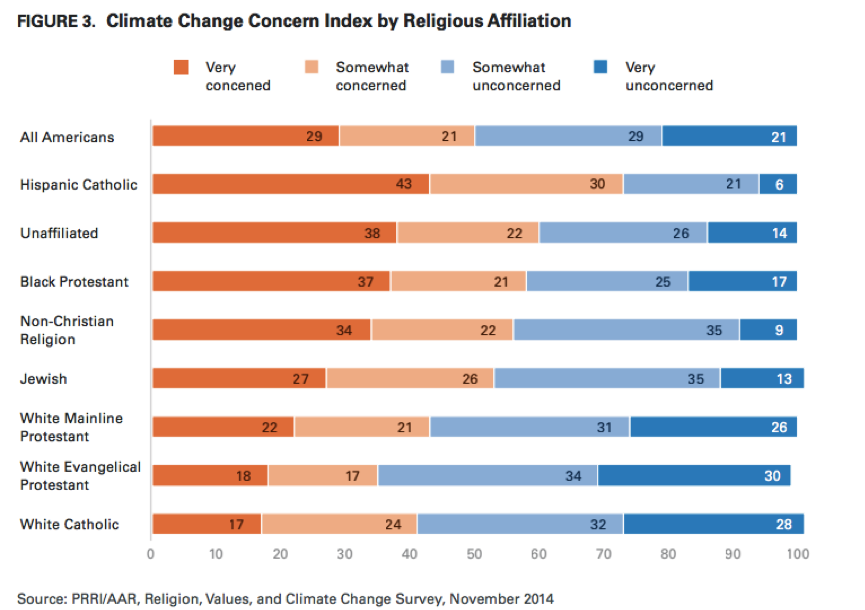New Tax Law Will Harm Environment
New Tax Law Will Harm Environment
 The final version of the tax bill, passed in late December, will now open the pristine Arctic National Wildlife Refuge (ANWR) to oil drilling while maintaining a 14% cut in the corporate tax rate. This will allow oil and gas companies to gain an additional $1 billion in profits. In addition, oil and gas companies were granted an increased ability to write-off new equipment expenditures.
The final version of the tax bill, passed in late December, will now open the pristine Arctic National Wildlife Refuge (ANWR) to oil drilling while maintaining a 14% cut in the corporate tax rate. This will allow oil and gas companies to gain an additional $1 billion in profits. In addition, oil and gas companies were granted an increased ability to write-off new equipment expenditures.
Republicans had to find ways to pay for their corporate tax cuts, which could cost up to $1.5 trillion. Alaska’s Republican Senator Lisa Murkowski stipulated she would vote yes for the tax bill only if oil drilling in the Arctic National Wildlife Refuge was included.
ANWR spans 19.6 million acres and is home to over 200,000 caribou and polar bears and millions of migratory birds. In the final version of the tax bill, drilling along the ANWR coastal plain will now be leased, a decision that the majority of Americans oppose. Even with the envisioned two lease sales of 400,000 acres each within the next decade, the potential sales would offset less than one-tenth of one percent of the total tax cut.
Finally, a provision in the Senate bill called the Base Erosion Anti-Abuse Tax, or BEAT, is a provision that targets companies that lower their tax bill through cross-border investments.
In other words, most U.S. renewable energy developers do not have enough taxable income to take advantage of the federal investment tax credit. Therefore they rely on investment from larger global renewable energy investors who have been the core financing tool for solar and wind projects in the United States. This type of investment makes up 50 to 60 percent of the funds for an average wind farm and 40 to 50 percent of funds for the average solar project. This investment, called tax equity, is attractive to global investors because it lowers their tax bill by taking advantage of the renewable tax credits.
Now, however, the BEAT provision would require these global investors to potentially pay much higher taxes on their US-based projects, making it unattractive to invest in renewable. Thus far the analysis of the BEAT provision says that the investors would have to include cross-border income and pay taxes on it before applying the tax credits. Sources say that the investors are not sure exactly how detrimental BEAT will be to their renewable investments but until we know more, solar and wind projects will see a shortage in investors.
But the tax bill could have been much worse for the environmental sector. Earlier versions of the bill included proposed slashes to wind and solar tax credits which would have directly impacted the renewables industry even more.
The electric car industry is also relieved that a debilitating setback the House proposed in their version of the bill was left out of the final version. It would have eliminated the $7,500 tax credit for consumers who purchase electric vehicles.
As the tax law is studied in the months to come, we will know more about the impact it will have on the renewable energy sector. Until then continue contacting your elected officials to let them know what is important to you. Let them know that we oppose oil drilling in the Arctic National Wildlife Refuge and we want to see further investment opportunities for renewable energy projects.


 Last week North Carolina Interfaith Power & Light spoke at the EPA public hearing in Charleston, West Virginia, on the proposed repeal of the Clean Power Plan. EPA has proposed that the Clean Power Plan is not consistent with the Clean Air Act.
Last week North Carolina Interfaith Power & Light spoke at the EPA public hearing in Charleston, West Virginia, on the proposed repeal of the Clean Power Plan. EPA has proposed that the Clean Power Plan is not consistent with the Clean Air Act.

 On Thursday, the House passed an irresponsible, unethical, and environmentally devastating tax bill. Now we must stop it in the Senate.
On Thursday, the House passed an irresponsible, unethical, and environmentally devastating tax bill. Now we must stop it in the Senate.
